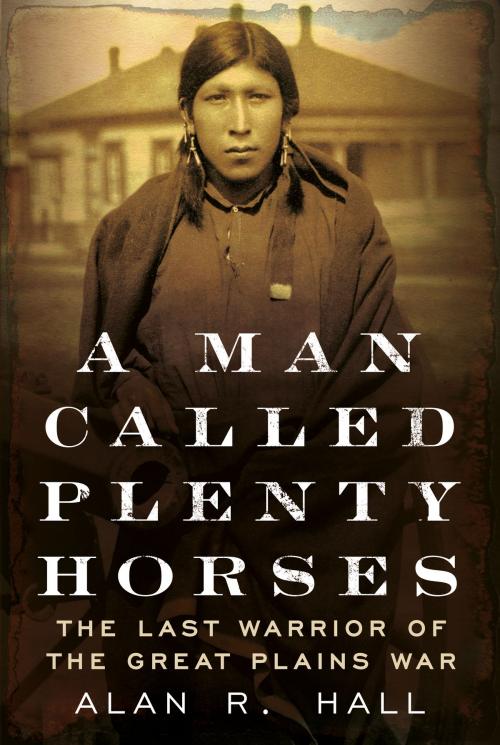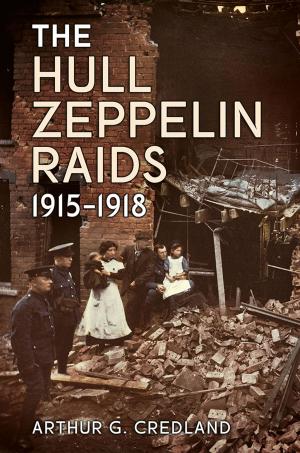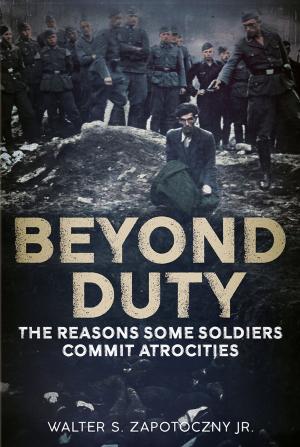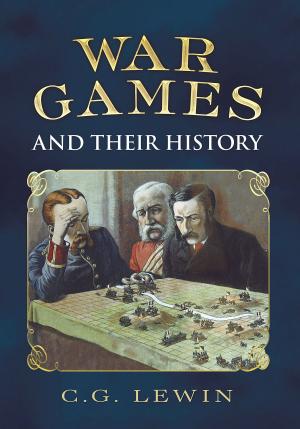A Man Called Plenty Horses
The Last Warrior of the Great Plains War
Nonfiction, History, Americas, United States, 19th Century, Biography & Memoir, Historical| Author: | Alan R Hall | ISBN: | 1230002284378 |
| Publisher: | Fonthill Media | Publication: | April 21, 2018 |
| Imprint: | Language: | English |
| Author: | Alan R Hall |
| ISBN: | 1230002284378 |
| Publisher: | Fonthill Media |
| Publication: | April 21, 2018 |
| Imprint: | |
| Language: | English |
On January 7, 1891, in the immediate aftermath to the assassination of Sitting Bull and the massacre at Wounded Knee Creek, an obscure Sioux Indian shot and killed one Lieutenant Casey in cold blood. This is the forgotten story of the civil trials of Plenty Horses for the murder of the last Whiteman to die in the Great Plains War, trials that legally and dramatically agonized over justifying criminal acts committed during warfare.
Four decades of continuous conflict--skirmishes, battles, massacres and atrocities committed by both sides--provide the catalyst to this incident, mainly told from an Indian perspective through eyewitness accounts, while detailing aspects of lost Lakota and Cheyenne culture and spirituality. This lone Indian represented the clash between White expansion and continuation of tribal life on the Great Plains, influenced by decades of bloody fighting, broken treaties, loss of hunting lands, deliberate demise of the buffalo, forced assimilation within Indian schools and the despair of reservations and finally belonging to neither world when the crime was committed.
On January 7, 1891, in the immediate aftermath to the assassination of Sitting Bull and the massacre at Wounded Knee Creek, an obscure Sioux Indian shot and killed one Lieutenant Casey in cold blood. This is the forgotten story of the civil trials of Plenty Horses for the murder of the last Whiteman to die in the Great Plains War, trials that legally and dramatically agonized over justifying criminal acts committed during warfare.
Four decades of continuous conflict--skirmishes, battles, massacres and atrocities committed by both sides--provide the catalyst to this incident, mainly told from an Indian perspective through eyewitness accounts, while detailing aspects of lost Lakota and Cheyenne culture and spirituality. This lone Indian represented the clash between White expansion and continuation of tribal life on the Great Plains, influenced by decades of bloody fighting, broken treaties, loss of hunting lands, deliberate demise of the buffalo, forced assimilation within Indian schools and the despair of reservations and finally belonging to neither world when the crime was committed.















